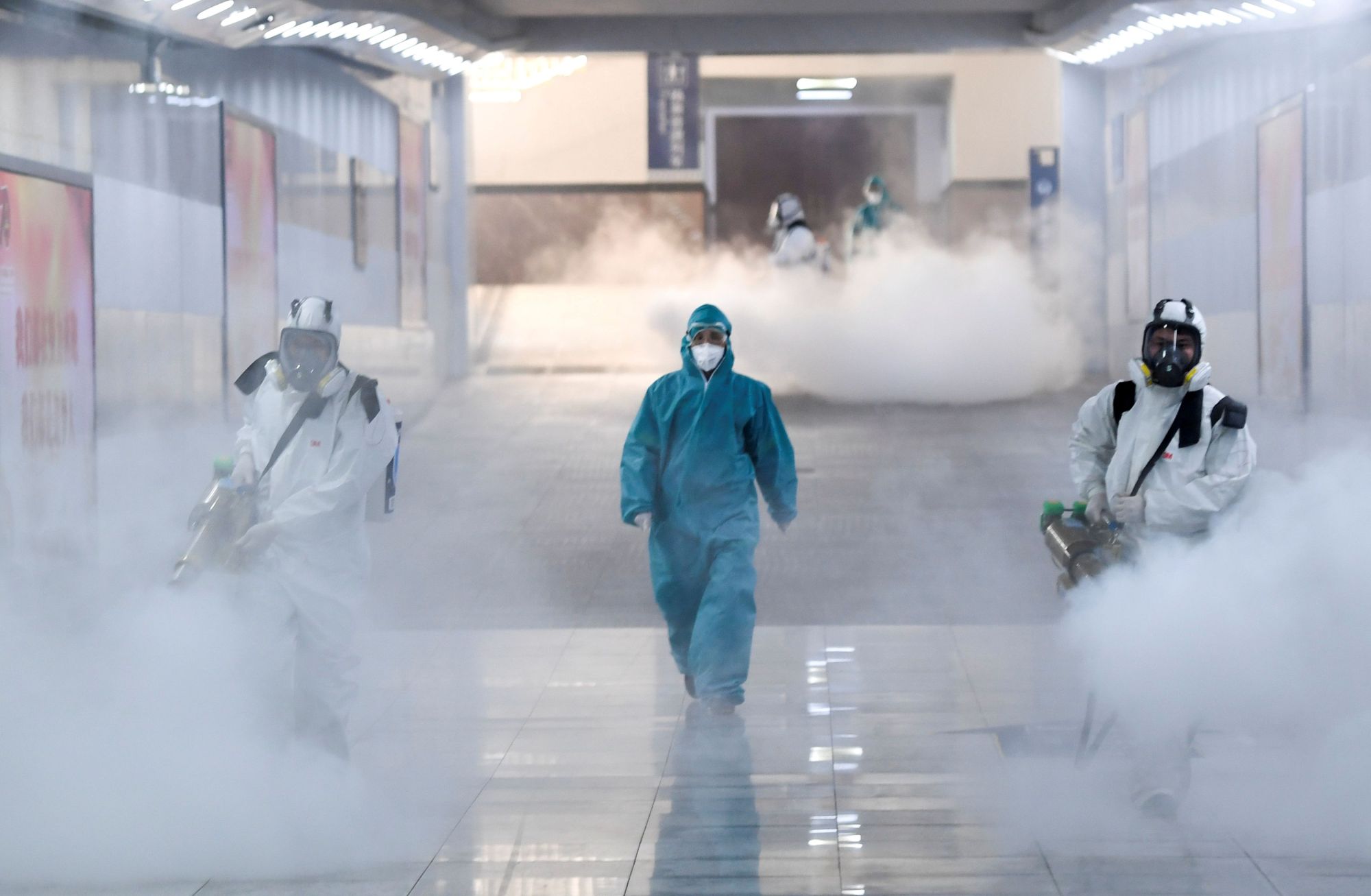Somewhere in China, perhaps in the southern Yunnan province, there's a cave that may hold the mysterious origins of the deadly coronavirus that's infected thousands, cut off millions of Chinese from their jobs and families and wreaked havoc in global financial markets.
Peter Daszak, a disease ecologist at nonprofit EcoHealth Alliance, would know. He and his team have suited up and ventured into caves all over China and the rest of world in search of bats and the pathogens they carry. "We go into caves," said Daszak. "We don't just walk in. We wear a full-body suit: breathing masks, gloves and all the correct equipment." What he and other scientists around the globe are concluding is that the rapid spread of human settlements in once-remote regions have put people in ever-closer proximity to virus-carrying animals.
More people, meeting more animals, carrying more diseases — a perfect viral melting pot.



















With your current subscription plan you can comment on stories. However, before writing your first comment, please create a display name in the Profile section of your subscriber account page.